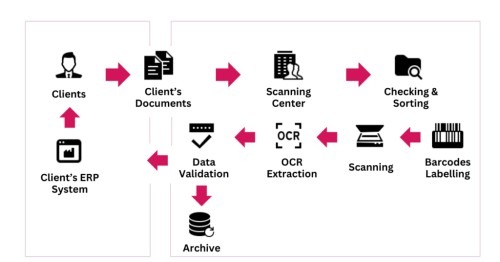Many programming languages, frameworks, and platforms have created a versatile business solution. However, business owners and development teams often face confusion when selecting a relevant technology for their software project. In such cases, they primarily appraise .NET Core and NodeJS due to factors like limited budget, shorter time-to-market, and specific requirements.
Table of Contents
Here’s where cloud based property management software comes in. It’s a game changer, providing a centralized platform to help streamline operations.
Table of Contents
- .NET Core
- .NET Core Pros of using .NET Core
- Node.js
- Pros of using Node.JS
- A Deep Dive into .NET Core vs. Node.js
- Processing Approach and Performance
- Scalability
- Platform Adaptability
- Support from Community
- Comparison Table between .NET Core and Node.js
- Wrapping Up on .NET Core vs Node.js
- A Run-Through: .NET Core vs Node.js
A Run-Through: .NET Core vs Node.js
Curabitur varius eros et lacus rutrum consequat. Mauris sollicitudin enim condimentum, luctus enim justo non, molestie nisl.
NET Core
Microsoft freely distributes the open-source .NET Core and ASP.NET software development frameworks under an open-source license. Microsoft created and maintained it with support from a large community of IT professionals around the globe. It is a cross-platform compatible technology that is preferred for furnishing web-based, mobile, desktop, and IoT applications integrated with Cloud services.
Pros of using .NET Core
Several free and paid tools are effortlessly accessible for writing clean code and debugging it to optimize its performance.
Creating an enterprise-grade solution becomes cost-efficient as it requires less coding, automatically reducing the effort and budget.
The overall solution fabricates flawlessly as it flawlessly fabricates and links both the front and back ends.
Platform platform-independent structure of .NET enables the developer to run it on microservices and distributed server architecture.
To extend the features and functionalities of the business solution, you can utilize C#, F#, and Visual Basic.
Node.js
Node.JS is a JavaScript-based framework for building a reliable back-end for applications with immersive data load. It follows a non-blocking and event-driven approach to process each request received from the client in minimal time.
It receives support from all major operating systems, including Windows, Linux, and macOS, and can effortlessly transform JavaScript code into machine language. Therefore, developers consider it for constructing Web Services, Web APIs, Web applications, scripts, and real-time data-driven solutions.
Pros of using Node.JS
NodeJS supports microservices, enabling rapid scaling with rapidly changing enterprise requirements.
It leverages to benefit from its load balancing feature to impeccably handle a large number of processes simultaneously and provide accurate output.
It helps to minimize the development cost, as developers can perform Full-stack development with it.
The single-threaded event-loop mechanism boosts performance and response time.
By default, modules for HTTP, DNS, and JSON are present in the installation package to ease the data flow between the server and the client machine.



